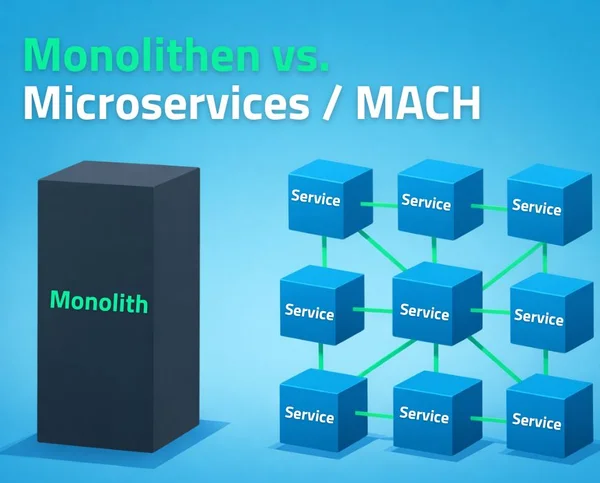IT Infrastructure in Crisis Situations
In times of crisis, IT infrastructure is often strained in unforeseen ways. As the USA moved towards a likely economic recession, technology companies and start-ups had already begun taking measures to protect themselves. News of hiring freezes, layoffs, and budget cuts were on the agenda even for the biggest players in the industry. After all, a recession can drastically change future plans and growth forecasts. Even though economic downturns are always associated with uncertainty, there are steps companies can take to protect themselves and their employees.
Good IT Infrastructure Can Reduce Costs
First and foremost, an effective IT infrastructure can significantly contribute to reducing costs and increasing a company’s economic efficiency. Accordingly, IT teams are under high pressure to provide employees with the best possible infrastructure in the face of various crises. Additionally, it is important to ensure the performance of applications and protect data.
Besides these factors, the IT skills shortage also emerges as a central problem in crisis situations: It means that companies have to rethink their decisions on introducing new technologies into existing environments. Given the tense situation in the job market and looming hiring freezes due to the ongoing Ukraine crisis and inflationary pressures, executives must retain their employees and invest in them.
IT Infrastructure Must Be Flexible and Scalable
The use of cloud technology has increasingly come into focus, and not just since the home office boom. To strategically adapt to the new challenges, companies are planning higher budgets and also changing the priorities of application areas. Likewise, sufficient computing, storage, and network capacities must be available for a strategic alignment of the IT infrastructure. The crises of the 2020s have shown that unpredictable market conditions require scalable resources that are quickly available.
As a result, many companies want to increasingly rely on flexible consumption models. This could mean, for example, that companies acquire base capacities or rent additional servers for peak times. The cost shift through the use of private cloud and flexible usage models thus enables a flexible and scalable IT infrastructure. With this, companies can quickly respond to temporary business requirements without making additional investments in physical resources.
IT Becomes a Strategic Instrument
Current developments show that the areas of responsibility of IT departments have changed in recent years: They no longer only include internal technical functions but also important strategic components. This perception can also be observed at the management level: A large proportion of executives see IT not only in its supporting function but increasingly as a significant strategic element.
For this reason, IT should no longer just provide a powerful infrastructure, but contribute to success through innovative ideas, business models, and processes. In the future, businesses will be required to ensure a cost-efficient and agile IT infrastructure as the basis of their business activities, because growth is difficult to predict in times of downturn. Therefore, companies must build systems that can adapt to changing demand, rather than committing to expenses they cannot influence. This principle applies to a range of costs – from cloud computing to marketing and sales expenses.








